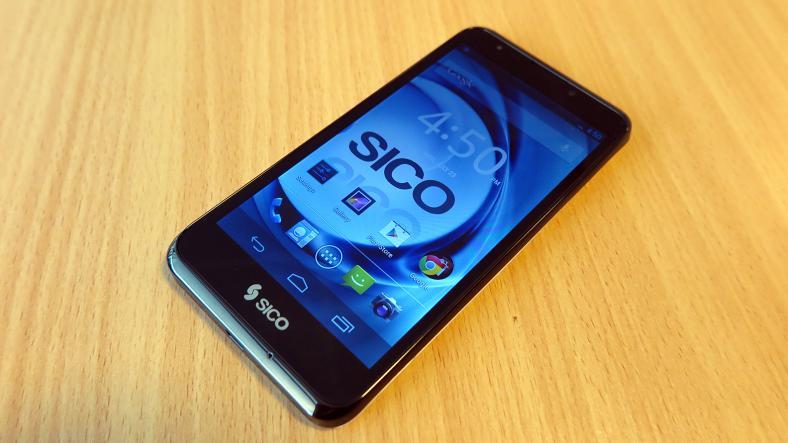Egypt’s telecoms regulator is fighting in the courts and looking to mushrooming suburban compounds as it seeks to guide the course of the country’s robust tech and telecom sector.
The National Telecommunication Regulatory Authority (NTRA) this week approved two groups of companies to provide cable, telephone and internet services in residential compounds, its head Amr Badawi told Reuters in an interview on Thursday.
Badawi, who uses a mobile phone from each of Egypt’s three operators, said options for a fourth mobile license, including a virtual network, were also being assessed.
Under the US$2.9 billion deal granting Abu Dhabi-based Etisalat the third license in 2006, any new licenses issued within four years would have to cost at least as much.
“These four years will be over in ten months,” Badawi said. “We need to make sure this sector remains healthy and growing. If we need a fourth license for that, we’ll do it.”
The operators, which also include Mobinil and Vodafone Egypt, are engaged in a pricing war that has sunk average revenue per user (ARPU) and bruised landline monopoly Telecom Egypt.
News last year that Egypt would issue “triple-play” licenses excited analysts and firms, but their limited scope and reliance on Telecom Egypt infrastructure later muted interest.
Badawi said one of the groups that won the new licenses was led by LinkDotNet and included Orascom Telecom affiliates, and the other included Vodafone.
He also said the NTRA had appealed a court ruling that blocked its decision to lower the fee Telecom Egypt must pay to connect fixed-line calls to mobile phones.
The regulator had ruled the rates should be revised after mobile-to-mobile costs fell and Telecom Egypt complained it was paying too much. Mobinil challenged the decision and a Cairo court ruled in its favor last month.
“We’ve appealed that, and our decision is still on,” Badawi said.
The NTRA is trying to improve infrastructure by letting operators place antennas on network-neutral base stations as well as covering costs plus a small profit margin for mobile expansion into unprofitable areas in need of better coverage.
“It’s better to have one tower with three sets of antennas on it,” Badawi said, adding the NTRA would publish regulations for network sharing in less than a month.
He said a ban on international calls made via mobile internet connections had been reduced to use of Skype and other voice over internet protocol (VoIP) used on mobile phones, and was in place for mostly economic reasons.
“If you allow it on mobile, any businessman who has a mobile puts Skype on and uses it for all his international calls,” he added.
Skype, which has more than 500 million users worldwide, had questioned the ban, saying markets should be left open for consumers to choose.
Badawi said Skype’s argument that it was not a threat was one of the reasons they continued to allow VoIP on computers.
Political activists fear the ban helps stifle dissent.
The NTRA works closely with the interior ministry, mostly to ensure all mobile users are registered in a central database, but Badawi said fears the cooperation could help track or tap activists were exaggerated.
Egypt’s 80 million people have almost 59 million mobile subscriptions, though analysts and executives agree many of those are second phones used to garner cheap on-network tariffs.




